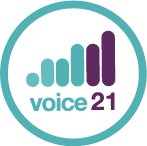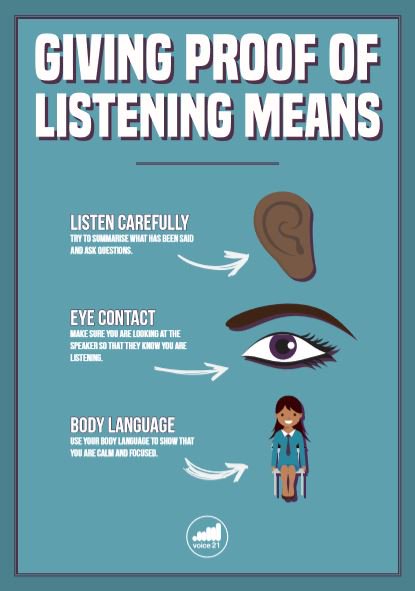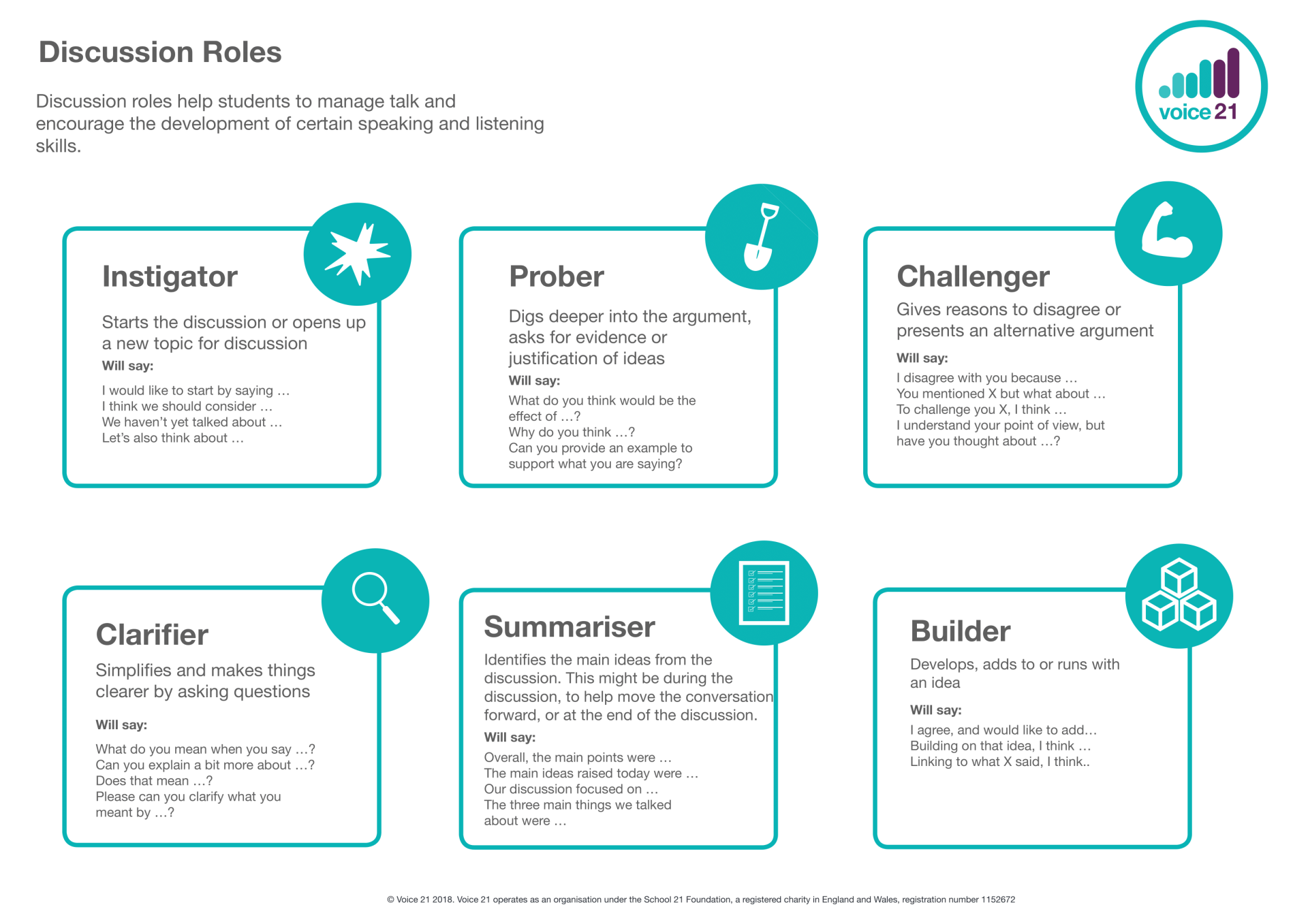Oracy

What is a Voice21 Oracy School?
As a Voice21 Oracy School we are committed to transforming our school’s teaching, learning and ethos to ensure that all of our children benefit from a high-quality oracy education. We are part of a network of schools and educators across the UK, open to sharing their best practice and innovation in oracy education. We are working with the Voice21 charity and their oracy teaching and learning experts to identify and address specific needs and ambitions for oracy both in our classrooms and across the whole school.
Here at Nansen our Oracy Aims are to help pupils develop their speaking and listening skills and become more confident, articulate speakers.
Now, more than ever, opportunities for children to express themselves, articulate their thoughts and feelings, and feel heard are key to children's successful transition back to school. We know that the ability to communicate through spoken language is one of the strongest predictors of future life chances when children are at school. We know that many children struggle with communication skills, left unaddressed, this will widen the gaps in children's learning. We believe that teaching oracy can change this, not only benefiting children’s spoken language skills, but also their confidence, capacity to learn and success beyond school.
Oracy- the four strands
Children will not only be taught the word ‘Oracy’, but also the language of the 4 strands.
- Physical
- Linguistic
- Cognitive
- Social and Emotional
We teach these skills in school, but you can do it at home very easily too.
For example, to develop the physical strand, we practice good listening skills. In our classrooms we display this poster. In your homes, you can follow these rules too.

Do you ever play ‘devil’s advocate’? Do you ask tricky questions, just to get your children to change the way they are thinking? Do you ever watch a program on television and then have explain what you seen to someone, or have to summarise what happened because they missed it? You are using our discussion roles or ‘Talk Tactics’.




